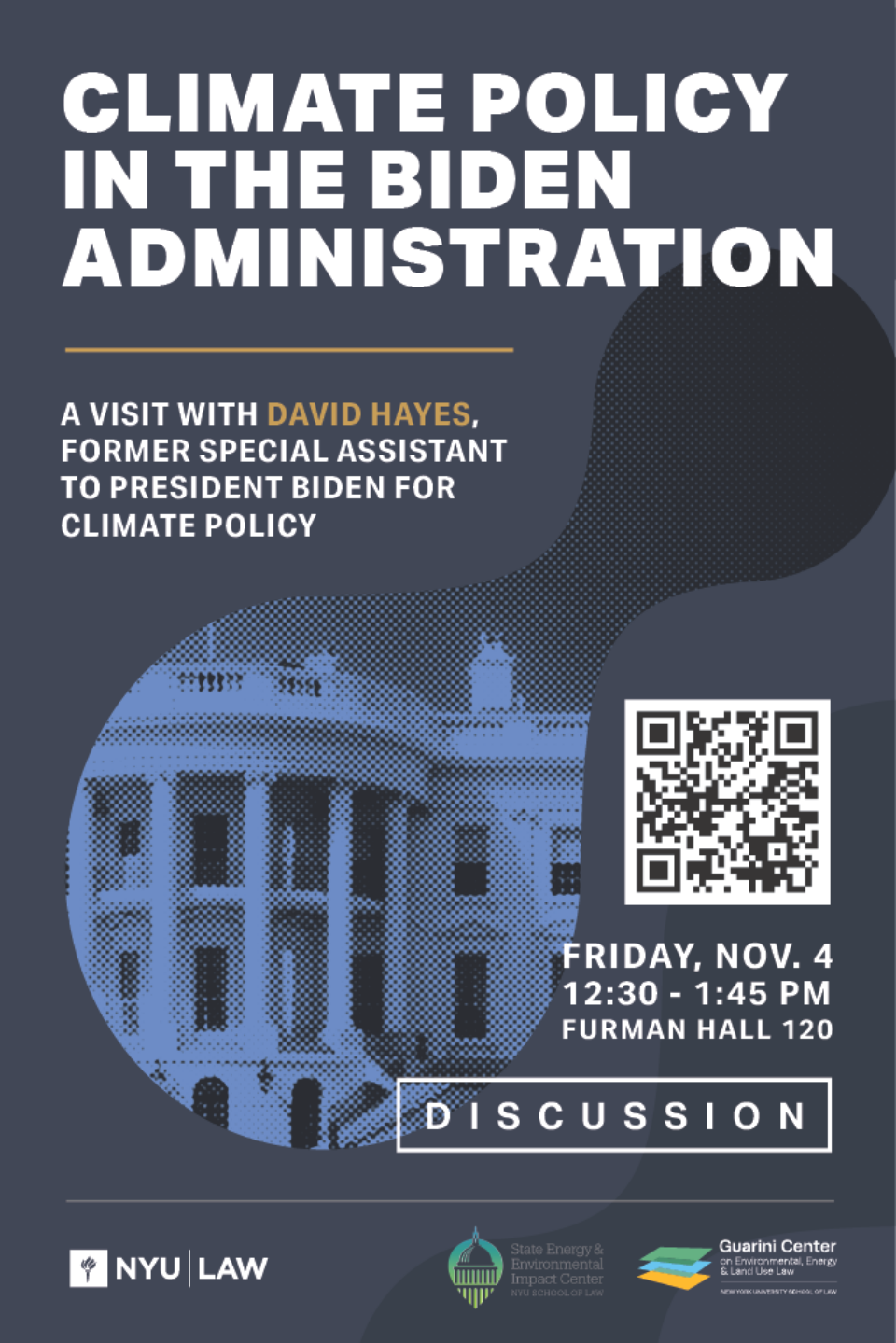Biden’s Climate Team: Illusion of Progress over Real Action
Undeniably, the incoming administration under President-elect Donald Trump could drastically hinder the ongoing attempts to confront climate change. Soaring electricity demand, particularly from resource-intensive artificial intelligence, far exceeds the power provided by our current stock of renewable energy sources. The clock is also ticking to exhaust climate financing from the Inflation Reduction Act before this administration potentially seeks to recover it.
Ali Zaidi, designated by Joe Biden as the lead on climate matters, doesn’t appear the least bit perturbed. Unfailingly, he displays an overly-positive outlook bordering the saccharine, a trait common among Biden and Harris associates that is often at odds with the real-world sentiments.
Zaidi advocates for the vision that America is a land of economic mobility. This vision implies adding additional opportunities, and presently, the primary economic opportunity lies in addressing the climate crisis. However, this crisis disproportionately impacts the poorest Americans and vulnerable populations globally, a fact he seemingly sidesteps.
Donald Trump, as President-elect, has declared his intention to withdraw America from the Paris climate deal, favoring a mantra of ‘drill, baby, drill.’ Yet, Zaidi seems to believe that US advancement towards cleaner energy will prevail. Perhaps this illusion is fostered by the Biden-Harris camp’s relentless optimism.
Interestingly, the ambition isn’t confined to controlling climate change and reducing emissions. Zaidi also hints at invigorating energy security and sparking economic regrowth in neglected areas. However, despite such grandeur, it’s evident that those ‘left behind’ are continuously disregarded under Biden and Harris’s leadership.
They assert that a shared incentive results in an increased drive to complete tasks. However, this is revealed as a mere platitude when one scrutinizes their proposed ‘race to net-zero emission.’ The goal, while noble in concept, exhibits their failure to prioritize inclusivity and listen to differing perspectives in their approach to the climate crisis.
Biden’s team argues for a people-centered approach to climate issues but shows lack of consideration for the financial strain it might place on ordinary people. Any plan for decarbonization should logically factor in its impact on consumer prices. Yet they seem to have missed this crucial point while touting the virtues of making people’s lives better as part of decarbonization.
When it comes to the power-hungry technology of AI, and data centers, it’s clear that addressing climate change also requires grappling with these demanding entities. They claim a consensus exists on the need for leadership in AI development, which involves clearing hurdles to deploy clean power. However, this approach seems to forget real-world challenges.
The Inflation Reduction Act, historically the largest piece of climate legislation created a significantly large sum ($369 billion) for climate action and clean energy. With Trump advocating for recouping any unspent funds, the Biden and Harris team might be floating on a cloud of unrealistic expectations.
Protectors of the funds claim that majority of the allocation already trickles down into the economy nationwide. However, their optimistic stance obscures the reality: the retraction of these funds could disrupt economic opportunities that have contributed to thousands of manufacturing and construction jobs across the country.
Are Biden and his team willing to disentangle the economic opportunities leading to jobs creation across the nation? Answering this question would be both economically difficult and politically harsh, but their rose-colored glasses might prevent them from perceiving this.
Ultimately, policymaking and administration encompass more than crafting ‘feel-good’ narratives and projecting relentless optimism. It requires concrete decisions, realistic considerations, and well-thought-out strategies. Unfortunately, Biden and his entourage often appear disengaged from these necessities.
The focus of Biden and his team seems to lie in beautiful rhetoric rather than actionable steps. Climate action is undoubtedly important. However, using it as an opportunity to overpromise and underdeliver could ultimately backfire for all Americans.
The persistence of Biden’s top climate advisor amidst looming adversities reveals the denial of harsh realities and the over-reliance on optimism. Moreover, Zaidi’s reluctance to acknowledge the inherent challenges in their ‘road to net-zero’ proposal raises questions about the team’s real understanding of the crisis.
The climate crisis is a serious issue demanding practical and effective solutions. Unfortunately, it seems as if the Biden team is more committed to narrating a hopeful story rather than taking the necessary steps to tackle the crisis at hand.
Transitioning into cleaner energy and decarbonizing are essential, but they should not augment financial pressure on consumers. Nonetheless, the Biden-Harris team appears oblivious to these concerns, reflecting their negligence of who will bear the burden of these noble intentions.

